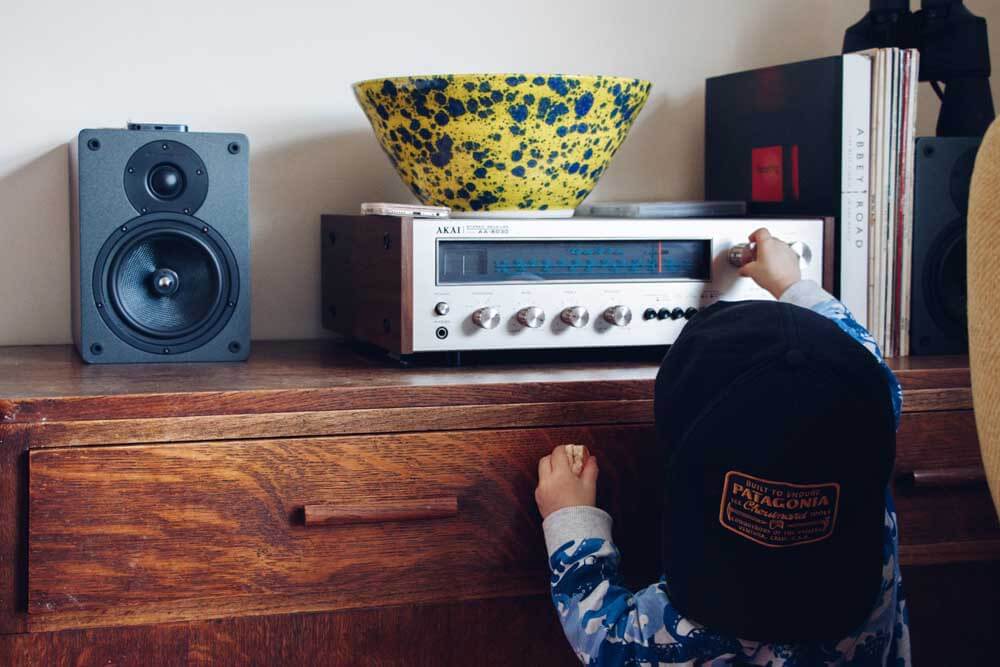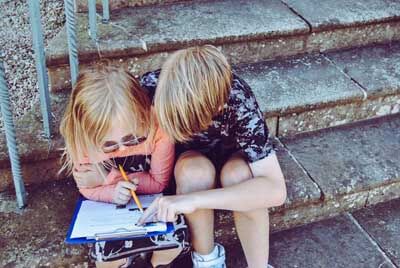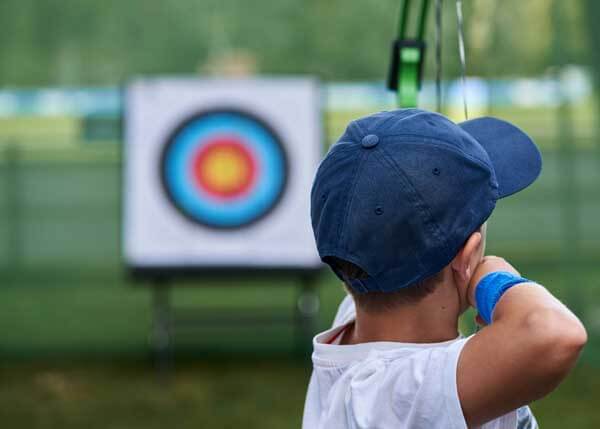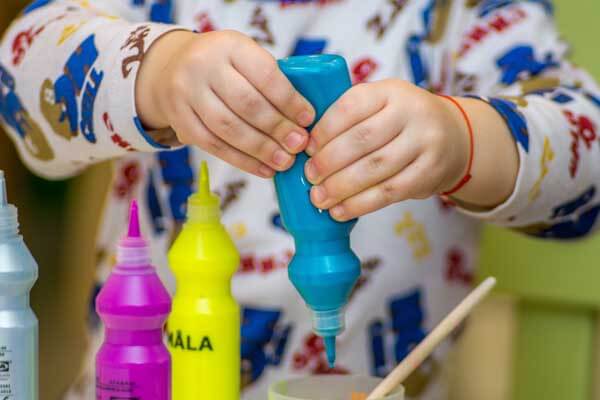Unlocking the Power of Active Listening Skills in Children
Discover the key to nurturing active listening skills in children. Explore the factors that contribute to their development, and learn effective strategies to help your child enhance these crucial abilities. Active listening not only fosters better communication today but also lays the foundation for future success by promoting empathy and strong interpersonal relationships. Dive into this article to unlock the potential of active listening in kids and set them on a path to brighter opportunities ahead.

- Key Components of Active Listening Skills in Kids
- How to Improve Active Listening Skills in Kids
- Impact on Life and Future Success
- Useful Tools to Promote Active Listening in Kids
Active listening skills in kids refer to their ability to fully engage and concentrate on what others are saying, with the intent to comprehend and respond effectively. It involves showing genuine interest in the speaker's words, maintaining eye contact, nodding or using non-verbal cues to show understanding, and refraining from interrupting. Active listening in children is crucial for effective communication, building relationships, and developing empathy.
Active listening skills in children are a vital component of effective communication and personal development. This article explores the key aspects and components of active listening in kids, delving into the factors that influence its development, strategies to enhance it, and its profound impact on both their present lives and future opportunities.
Key Components of Active Listening Skills in Kids
1. Engagement: Children must be fully present in a conversation, showing genuine interest in what others are saying. Factors affecting engagement include the child's level of attention and interest in the topic.
2. Non-Verbal Cues: Effective active listening involves non-verbal communication such as maintaining eye contact, nodding, and using facial expressions to convey understanding and empathy.
3. Patience: Encouraging kids to patiently wait their turn to speak promotes active listening. Factors like impulsiveness can affect this aspect.
4. Empathy: Teaching children to understand and relate to others' feelings and perspectives is a key component. Factors like a child's emotional intelligence play a role in empathy development.
How to Improve Active Listening Skills in Kids
Improving active listening skills in children is a valuable endeavor that contributes to their overall development. Here's a detailed guide on how to enhance these skills:
1. Create a Supportive Environment:
Foster an environment where children feel safe and valued when expressing their thoughts and feelings. Encourage open dialogue and active participation in family discussions.
2. Be a Role Model:
Children learn by observing. Set an example by actively listening when they speak. Make eye contact, nod, and provide verbal cues to show your engagement.
3. Minimize Distractions:
Ensure that distractions, such as TV, smartphones, or loud noises, are minimized during conversations. Create a quiet space conducive to focused listening.
4. Teach the Basics:
Begin by laying the foundation of active listening:
- Teach them to make eye contact with the speaker.
- Encourage them to nod or use simple affirmations like "I see" or "I understand."
- Explain the importance of not interrupting when someone is talking.
5. Encourage Questions:
Promote active listening by encouraging children to ask questions or seek clarification when they don't understand something. This demonstrates their engagement and desire to comprehend.
6. Practice Mindfulness:
Teach mindfulness techniques to help children stay present during conversations. Breathing exercises or short moments of reflection can be helpful.
7. Actively Joining In:
Motivate kids to take an active part in conversations. They can do this by summarizing what they've heard or by sharing their thoughts on the subject.
8. Sharing Stories and Reading:
Reading books together and having conversations about the stories afterward can be a fun method to enhance listening abilities. Pose questions about the story to check their understanding.
9. Enjoy Educational Listening Games:
Have fun with listening games such as "Simon says" or "Guess that sound." These activities offer both entertainment and chances to learn simultaneously.
10. Provide Constructive Feedback:
Offer feedback on their listening skills without criticizing. Highlight what they did well and gently point out areas for improvement.
11. Foster Empathy:
Help children learn to imagine how others feel. Have conversations about different emotions and points of view to build their understanding and compassion for others.
12. Practice Active Silence:
Encourage children to allow moments of silence during conversations. This provides them with the opportunity to process information before responding.
13. Set Realistic Expectations:
Understand that active listening is a skill that develops over time. Be patient and recognize their efforts.
14. Be Consistent:
Consistency is key to skill development. Incorporate these strategies into daily interactions with your child.
15. Seek Professional Help if Needed:
If you suspect that your child's listening difficulties may be due to underlying issues, consider consulting with a speech therapist, child psychologist, or educational specialist for guidance.
By following these detailed steps and maintaining a supportive, nurturing environment, parents and caregivers can significantly enhance active listening skills in children, setting them on a path to better communication, improved relationships, and future success.
Impact on Life and Future Success
Active listening skills are not only essential for healthy relationships and effective communication in the present but also contribute significantly to future success. Kids who excel in active listening tend to:
Build Stronger Relationships: They form better connections with peers, teachers, and family members.
Perform Better Academically: Improved listening leads to better understanding in the classroom.
Enhance Problem-Solving Skills: Active listeners can assess situations more accurately and make informed decisions.
Develop Leadership Qualities: These skills are fundamental for leadership roles in the future.
Useful Tools to Promote Active Listening in Kids
1. Online Resources:
ABCmouse - ABCmouse offers interactive lessons and activities that can help children develop active listening skills through stories, songs, and educational games.
PBS Kids - PBS Kids provides a variety of online games and videos designed to engage young learners while enhancing their listening abilities.
Ted-Ed - Ted-Ed offers a collection of animated lessons and talks on various topics, encouraging children to listen actively and think critically.
2. Audiobooks:
Audible for Kids - Audible offers a wide selection of audiobooks for children, which can be an enjoyable way to improve listening skills while exploring captivating stories.
3. Educational Podcasts:
Brains On! - Brains On! is a science podcast for kids that presents engaging topics to foster active listening and learning.
4. Board Games:
Guess Who? - This classic board game encourages players to ask yes-or-no questions and actively listen to their opponent's responses to guess the character correctly.
These tools, both online and offline, provide enjoyable and educational avenues for enhancing active listening skills in kids. Whether through interactive websites, audiobooks, podcasts, board games, or storytelling apps, there are numerous resources available to support children in their journey to becoming proficient active listeners.
Cultivating active listening skills in children is an investment in their personal growth and future opportunities. By understanding the factors influencing active listening, employing effective strategies for improvement, and recognizing its profound impact on life and success, parents and educators can help children develop into empathetic, attentive, and successful individuals.
Dive into the wealth of knowledge within "44 Essential Kids' Skills: Fueling Future Success and Opportunities", where we unfold the key abilities essential for your child's overall development.
Written by: Administrator
Published on:
Last updated on:
You May Also Like:
Post a Comment
Join the conversation and share your thoughts on this article. Your comments add depth and perspective to our content, fostering a rich exchange of ideas.













